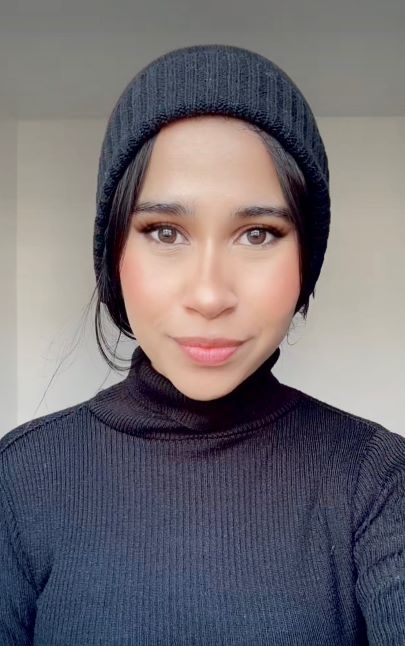Jonathan Bogale-Demissie is a medical graduate working at TwinsUK (Department of Twin Research and Genetic Epidemiology) as a Clinical Research Assistant and a child of hard-working Ethiopian immigrants.
“At a recent King’s panel discussion and talk about the life of the late great Dr Harold Moody that I began to understand the importance and value of shining a light on what makes us different. This is because I believe that our differences are where the beauty of the kaleidoscope of humanity shines through the most. I’ll be attempting to capture that and present it to you (in small readable doses, of course) by contributing to this blog on a monthly basis. This will consist of the same questions answered by gloriously different, lovely people working here at TwinsUK. I hope that it catches on and expands to the rest of the universe outside of this office.”
The first interviewee is Taha Bhatti who has been a devoted member of the King’s Community, not only doing her bachelor’s and master’s degrees here but quickly becoming one of the most valued members of TwinsUK staff through her role as Project Coordinator. She was more than happy to contribute to this initiative, and I hope you, the reader, come out of this learning and understanding just a bit more about the wonderfully varied lives we come from to now inhabit this diverse city.
What kind of culture did you grow up with?
My parents are both Muslims originally from South Asia.
What do you know about your family history? My maternal grandparents were Anglo-Indians of mixed South Asian and English descent – a product of the British Raj ruling of India in 1900s. However, they sadly passed away in a car accident so my mum accompanied her older brother (my uncle) for further education in Saudi Arabia and then came to the UK in the late 80s. My paternal grandparents came to the UK from Pakistan in the 70s for economic reasons. After getting married in 1988 my parents settled in the UK but the rest of their extended family relocated to America (I’m guessing the currency exchange rate was better under Ronald Reagan). So unfortunately due to attenuated ties with my parents’ native homes, my siblings and I – being first-generation British Asians – have never visited their respective birthplaces.
What customs and values has your family instilled in you?
In terms of values, we were taught to be kind, helpful, God-fearing and to treat others how you would want to be treated yourself. Although being Asian in ethnicity, due to the diaspora and lack of extended family, my siblings and I were brought up with a religious stance rather than an ethnic one. i.e. neither of us speaks the language as instead of Urdu classes we were sent to an Islamic school on the weekends. There was no emphasis on either culture, ethnicity or race as they taught us religion is universal and sees past that so no need to hold onto ancestral traditions. And while there is a slight disconnection from our cultural heritage we understand why our parents sifted through what they passed onto us and I’m grateful they allowed us to enjoy the fun bits from the periphery like the food, music and colourful traditional Asian clothes we get to wear at big family events.
What do you understand of diversity and what do you feel we should do to understand and embrace it?
I see diversity as a mishmash of identities and backgrounds with ethnic, racial, religious, gender and age differences (not only cultural). Although there is plenty of diversity around us, to help in understanding and aid integration there needs to be a sincere curiosity in understanding everyone’s unique differences and making an effort to learn and experience these differences with a positive mindset, leaving preconceived notions or perceptions at the door.

Great read! I would love to read more from more people and how they perceive diversity, not only from first and second generations of immigrants but from locals aswell. The world has different opinions on diversity and reading positive things are such a light and wholesome. Great job Johnathan!